Thaci, KLA named in human organ trade report
The ethnic Albanian leaders of the so-called Kosovo Liberation Army (KLA) were responsible for organizing human organ trafficking.
Tuesday, 14.12.2010.
15:30

The ethnic Albanian leaders of the so-called Kosovo Liberation Army (KLA) were responsible for organizing human organ trafficking. This is according to a report submitted by CoE investigator Dick Marty, that should be discussed in late January 2011. Thaci, KLA named in human organ trade report Members of the KLA kidnapped Serb and other civilians in Kosovo in 1999, to transport them to Albania, where their organs were extracted to be sold in the black market, according to this. International authorities in Kosovo "did nothing to solve this case even though they had the evidence," the report says. The Swiss investigator, who previously revealed CIA-operated prisons in Europe, is thus once again in the spotlight, with the revelation concerning the so-called Yellow House case. According to the report, which B92 has seen, but which is yet to be made public, Hashim Thaci, Kosovo's outgoing prime minister, was the leader of the criminal group that abducted civilians and removed their organs. Thaci headed the KLA Drenica Group in 1999 and organized kidnappings and the illegal organ trade, said the Marty report compiled after two years of investigating. Thaci's KLA group is described as "the most extreme". Marty further implicates the now Kosovo Albanian politician, whose party won most votes in the elections in Kosovo held on Sunday, in heroin trafficking and trade in other narcotics, which he substantiates with numerous intelligence reports from several European countries. "Our first-hand reports have confirmed for us that Hashim Thaci and his close associates ordered, an in some case oversaw murders, imprisonment, beatings and interrogations in Kosovo, especially in the context of operations that the KLA conducted in the territory of Albania, from 1998 until 2000," the report says. The document blames the Drenica Group for responsibility for the secret prisons in Albania and the fate of people imprisoned there, "among them many civilians kidnapped in the territory of Kosovo". Marty's draft resolution to be discussed by the Council of Europe (CoE) states that there are many indications and evidence that confirm that both Serbs and ethnic Albanians were held in secret prisons in northern Albania operated by the KLA. Although many wintesses to these crimes have been killed themselves, others are alive but afraid to testify. However, B92 has learned that Marty believes a sufficient amount of evidence has been collected to make sure those responsible for committing the crimes will be brought to justice. The still-secret report, seen by the BBC in Strasbourg earlier today, shows that prisoners were treated inhumanely and were subjected to humiliation, "before they disappeared". The draft directly names KLA leaders, and says the crimes took place after the end of the 1999 war, and before international forces could impose order. The human organ trade, which developed in the "post-war chaos", then took other forms in Kosovo and continued to this day, says the report, noting the Medicus Clinic case investigated by EULEX. Dick Marty specifies that organs were extracted from prisoners in a clinic in Albania near the town of Fushe Kruje. The organs were then transported via the airport in Tirana to rich clients abroad. Marty writes in the document that concrete signs that the trade took place were evident in the early 2000, but that international authorities in Kosovo "did not consider it necessary to investigate in detail", or investigated "superficially and unprofessionally". The Marty report will be discussed by a CoE commission on Thursday. If adopted, the Parliamentary Committee will debate it in late January of next year. An areal photo of suspected N. Albania locations (courtesy of the War Crimes Prosecution) Guardian's take As the Medicus case trial proceeds in Pristina today, guardian.co.uk reports that Marty stated that "Kosovo's guerrilla army" formed "a formidable power base in the organized criminal enterprises" in Kosovo and Albania. The faction is known as the Drenica Group was led by Hashim Thaci, became the KLA's dominant faction and senior KLA figures from the group hold senior positions in Kosovo's government today, says the newspaper's report. "In 1999, Thaci was identified as the most dangerous of the KLA's 'criminal bosses' by intelligence reports," according to Marty. Thaci's KLA group is also said to be the main organization responsible for smuggling prisoners across the porous border. They were held in a network of six detention facilities, converted from warehouses, farm buildings and a disused factory. The report, which states that it is not a criminal investigation and is unable to pronounce judgments of guilt or innocence, focuses on a key figure said to have played a central role in the organ operation, says the Guardian. A KLA medical commander based in Albania, Shaip Muja was and remains a close confidante of Thaci's. Muja is currently a political adviser in the office of the prime minister, with responsibility for health. "We have uncovered numerous convergent indications of Muja's central role [in] international networks, comprising human traffickers, brokers of illicit surgical procedures, and other perpetrators of organized crime," the Marty report states. Marty estimates that 40 captives survived being held prisoner in Albania, and are alive today. Others are thought to have been killed, including "scores" who he says were taken across the border after the war ended. Among the makeshift prisons where captives were held, Marty identifies the "famed Yellow House", near the town of Burrel. Hashim Thaci is seen in Pristina last weekend (FoNet)
Thaci, KLA named in human organ trade report
Members of the KLA kidnapped Serb and other civilians in Kosovo in 1999, to transport them to Albania, where their organs were extracted to be sold in the black market, according to this.International authorities in Kosovo "did nothing to solve this case even though they had the evidence," the report says.
The Swiss investigator, who previously revealed CIA-operated prisons in Europe, is thus once again in the spotlight, with the revelation concerning the so-called Yellow House case.
According to the report, which B92 has seen, but which is yet to be made public, Hashim Thaci, Kosovo's outgoing prime minister, was the leader of the criminal group that abducted civilians and removed their organs.
Thaci headed the KLA Drenica Group in 1999 and organized kidnappings and the illegal organ trade, said the Marty report compiled after two years of investigating.
Thaci's KLA group is described as "the most extreme".
Marty further implicates the now Kosovo Albanian politician, whose party won most votes in the elections in Kosovo held on Sunday, in heroin trafficking and trade in other narcotics, which he substantiates with numerous intelligence reports from several European countries.
"Our first-hand reports have confirmed for us that Hashim Thaci and his close associates ordered, an in some case oversaw murders, imprisonment, beatings and interrogations in Kosovo, especially in the context of operations that the KLA conducted in the territory of Albania, from 1998 until 2000," the report says.
The document blames the Drenica Group for responsibility for the secret prisons in Albania and the fate of people imprisoned there, "among them many civilians kidnapped in the territory of Kosovo".
Marty's draft resolution to be discussed by the Council of Europe (CoE) states that there are many indications and evidence that confirm that both Serbs and ethnic Albanians were held in secret prisons in northern Albania operated by the KLA.
Although many wintesses to these crimes have been killed themselves, others are alive but afraid to testify.
However, B92 has learned that Marty believes a sufficient amount of evidence has been collected to make sure those responsible for committing the crimes will be brought to justice.
The still-secret report, seen by the BBC in Strasbourg earlier today, shows that prisoners were treated inhumanely and were subjected to humiliation, "before they disappeared".
The draft directly names KLA leaders, and says the crimes took place after the end of the 1999 war, and before international forces could impose order.
The human organ trade, which developed in the "post-war chaos", then took other forms in Kosovo and continued to this day, says the report, noting the Medicus Clinic case investigated by EULEX.
Dick Marty specifies that organs were extracted from prisoners in a clinic in Albania near the town of Fushe Kruje. The organs were then transported via the airport in Tirana to rich clients abroad.
Marty writes in the document that concrete signs that the trade took place were evident in the early 2000, but that international authorities in Kosovo "did not consider it necessary to investigate in detail", or investigated "superficially and unprofessionally".
The Marty report will be discussed by a CoE commission on Thursday. If adopted, the Parliamentary Committee will debate it in late January of next year.
Guardian's take

The faction is known as the Drenica Group was led by Hashim Thaci, became the KLA's dominant faction and senior KLA figures from the group hold senior positions in Kosovo's government today, says the newspaper's report.
"In 1999, Thaci was identified as the most dangerous of the KLA's 'criminal bosses' by intelligence reports," according to Marty.
Thaci's KLA group is also said to be the main organization responsible for smuggling prisoners across the porous border. They were held in a network of six detention facilities, converted from warehouses, farm buildings and a disused factory.
The report, which states that it is not a criminal investigation and is unable to pronounce judgments of guilt or innocence, focuses on a key figure said to have played a central role in the organ operation, says the Guardian.
A KLA medical commander based in Albania, Shaip Muja was and remains a close confidante of Thaci's. Muja is currently a political adviser in the office of the prime minister, with responsibility for health.
"We have uncovered numerous convergent indications of Muja's central role [in] international networks, comprising human traffickers, brokers of illicit surgical procedures, and other perpetrators of organized crime," the Marty report states.
Marty estimates that 40 captives survived being held prisoner in Albania, and are alive today. Others are thought to have been killed, including "scores" who he says were taken across the border after the war ended.
Among the makeshift prisons where captives were held, Marty identifies the "famed Yellow House", near the town of Burrel.












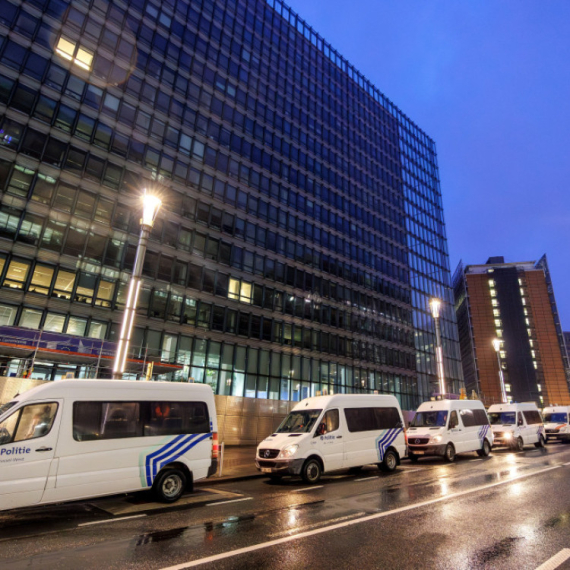


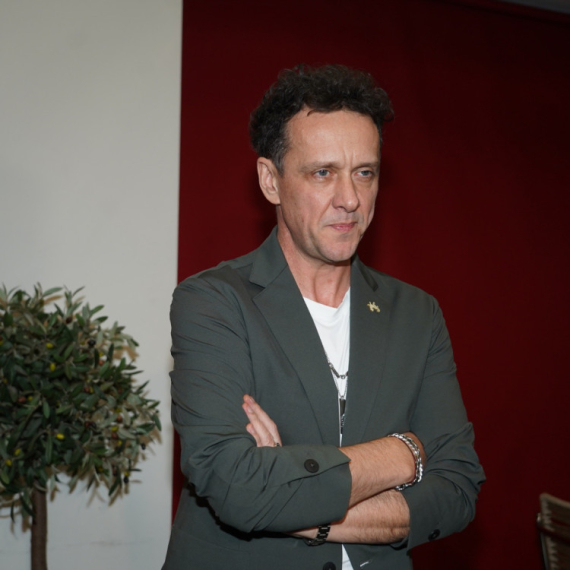
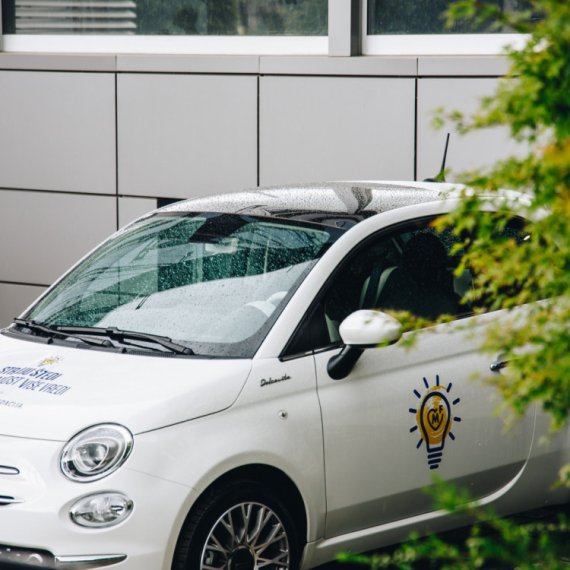
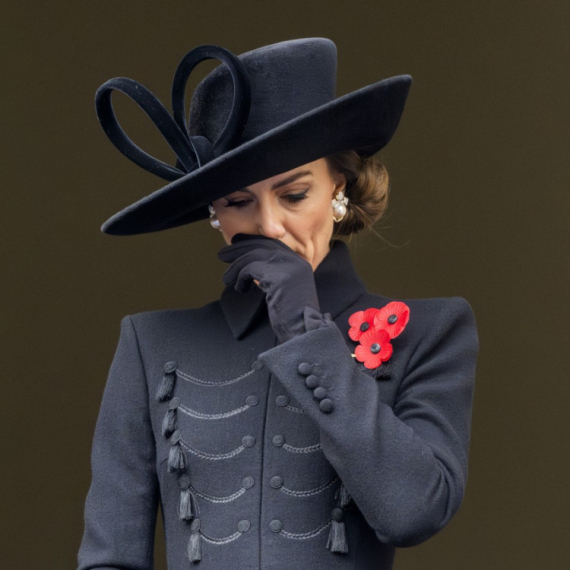



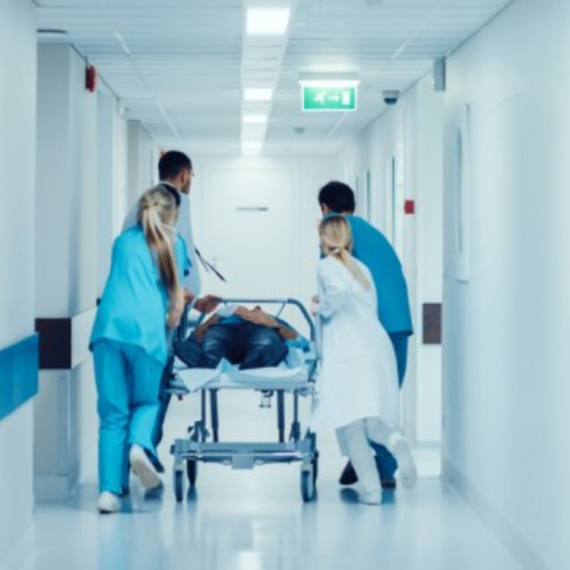

















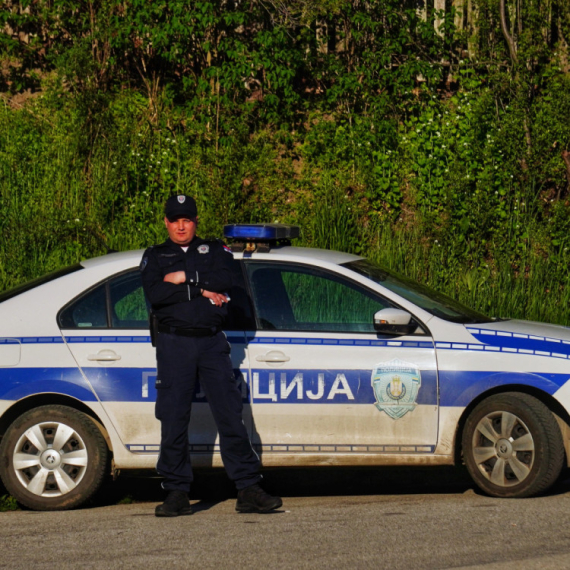
















Komentari 144
Pogledaj komentare